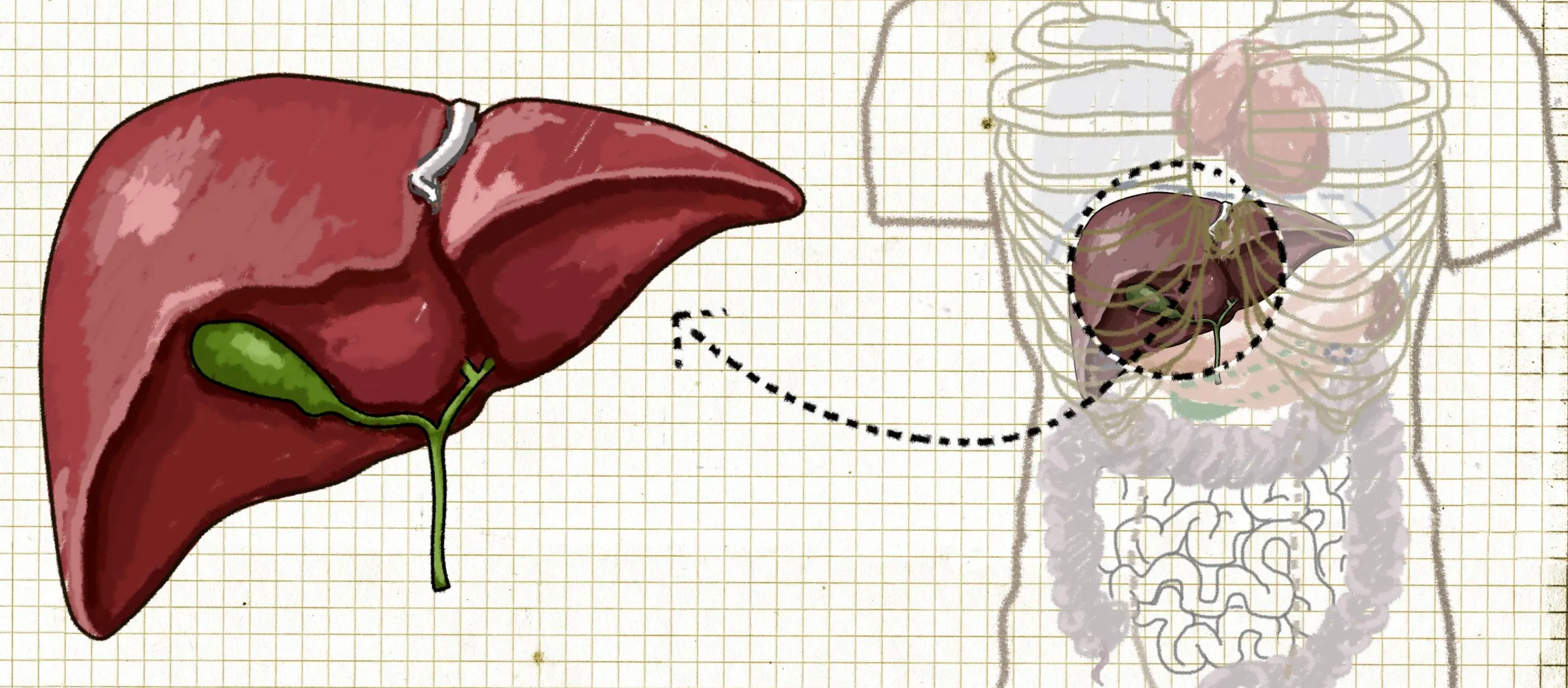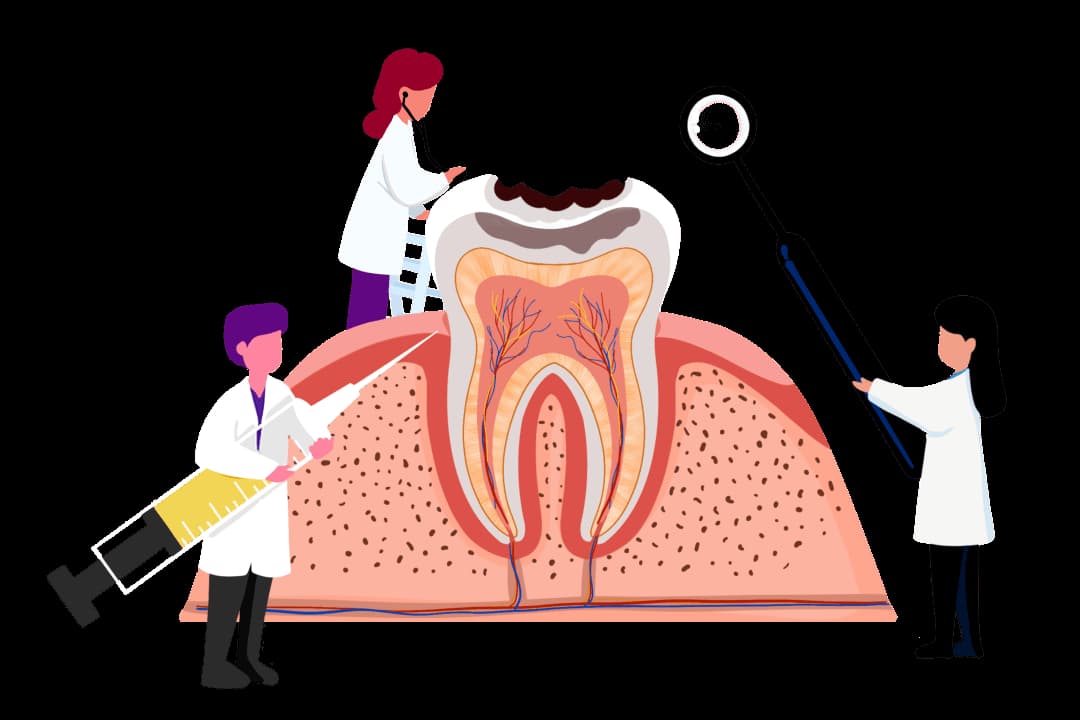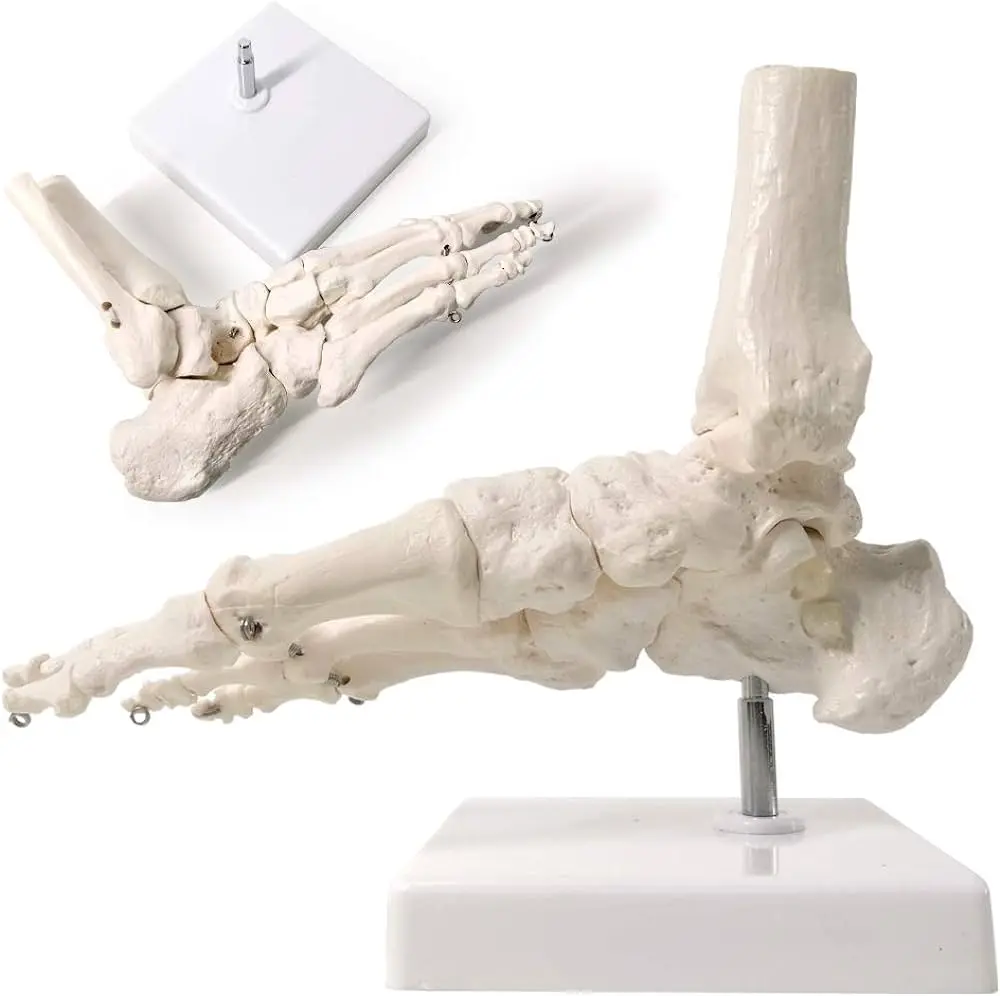Liver cancer is a serious and daunting tumor disease that poses a threat to the patient's life. Although medical technology has advanced significantly, treating certain types of cancer remains challenging. However, the chances of curing liver cancer in its early stages are relatively high. This is because the cancer cells have not yet spread or metastasized. With timely detection of symptoms and effective treatment, complete recovery can be achieved.
Symptoms of Early-stage Liver Cancer:
- Liver area pain: Patients with liver cancer often experience pain in the liver area, resulting in discomfort in the upper right abdomen. There may be a dull pain in the liver or gallbladder area, and tenderness when pressure is applied to the liver.
- Liver enlargement: A lump or mass may be felt in the upper right abdomen or upper abdomen. The lump is hard in texture and has an uneven surface. Patients may also experience fatigue, weight loss, abdominal bloating, and aching. Fever and chills may occur, and jaundice is also an early symptom of liver cancer.
- Digestive symptoms: Loss of appetite and bloating in the upper abdomen are common symptoms of early-stage liver cancer. Nausea, vomiting, and diarrhea may also occur. It is important to differentiate these symptoms from other gastrointestinal diseases.
- Weight loss and weakness: Patients may experience general fatigue, unexplained weight loss, drowsiness, and fatigue. These are common symptoms in the early stages of liver cancer, as liver function and digestion are affected.
- Irregular fever: Severe liver cancer patients may experience unexplained low to moderate fever, and a small number of patients may have persistent high fever. The fever is known as cancer-related fever, caused by the inability to release heat after tumor tissue necrosis.
- Other symptoms: Early symptoms of liver cancer may include bleeding gums or nosebleeds due to a tendency to bleed.
Optimal Treatment for Early-stage Liver Cancer
The best treatment for early-stage liver cancer is surgery. During this stage, cancer cells have not yet spread extensively, allowing for timely removal of the tumor cells and tissue through surgery. This effectively cuts off the source of spreading. After surgery, holistic healing approaches can be utilized to aid in the recovery process, promoting overall body rehabilitation and well-being. These approaches may include lifestyle modifications, nutritional support, and complementary therapies to support the body's natural healing abilities.




